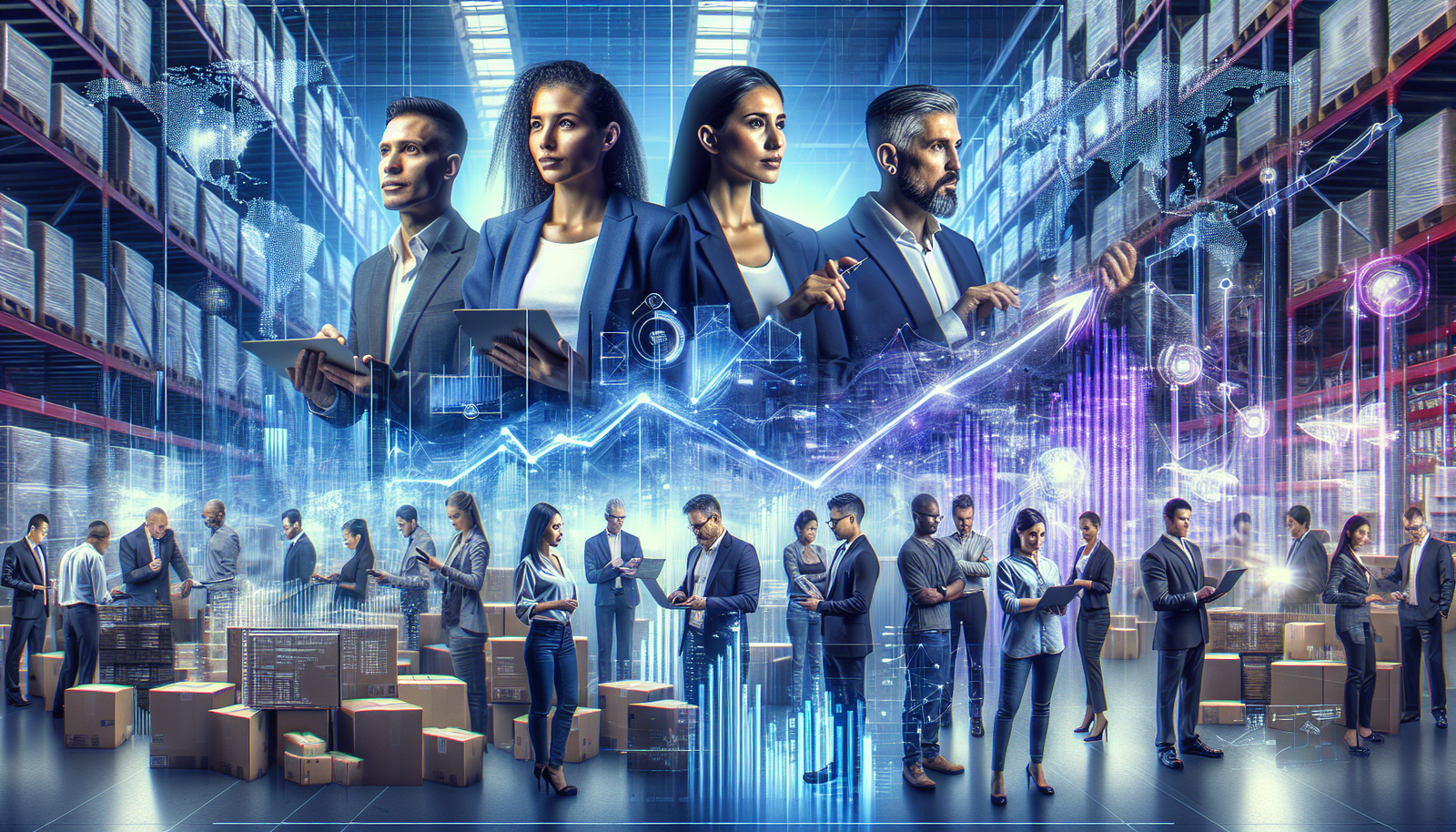Geopolitical Instability and Global Conflicts
Companies must deal with increasing geopolitical instability. Conflicts in the Middle East and the situation in Ukraine disrupt supply chains. Tensions persist, particularly in Eastern Europe, influencing trade routes.
Recent developments, including China’s export restrictions on rare earths, also impact the global economy. Price fluctuations of commodities result from this, causing volatility in the markets. For example, shipping costs have increased by 240% recently.
Environmental Crises and Natural Disasters
The frequency and intensity of natural disasters have escalated in 2024, culminating in devastating economic losses. Hurricanes and floods have caused global losses estimated at $258 billion. This figure underscores the growing exposure of supply chains to environmental risks.
The costs associated with disasters continue to affect profitability. The need for diversified sourcing becomes a strategic priority. Companies must develop disaster preparedness plans to mitigate potential impacts.
Evolution of Regulatory Compliance
Requirements regarding regulatory compliance are slowly strengthening, with the introduction of initiatives like the CSRD and the CSDD. Companies must adapt their operations to integrate sustainability standards. Non-compliance could lead to severe financial repercussions and damage an organization’s reputation.
The impacts of regulations demand particular attention. Companies frustrated by potential sanctions must ensure transparency and compliance throughout their supply chain.
Supply Chain Transparency and Traceability
Stakeholders, including consumers, demand increased transparency in business practices. The establishment of traceability systems becomes essential to monitor every level of the supply chain. Traceability will also facilitate compliance with sustainability regulations.
Companies must invest in effective monitoring methods to adapt to this growing demand. Ensuring transparency not only enhances reputation but also diminishes non-compliance risks.
Technological Integration and Data Management
In the face of increasing disruptions, the use of technology must intensify. Artificial intelligence tools will be a major asset for companies in 2025. Studies estimate that the AI market in risk management could show a annual growth rate exceeding 20% until 2029.
Optimizing supply chain performance relies on the use of these technological tools. Effective management of data generated along supply chains also becomes critical. Companies must develop advanced capabilities to leverage insights from data analysis.
The Way Forward: Sustainable Resilience
Companies that succeed in this uncertain world will build resilient operations. Preparation for regulatory challenges, as well as adoption of optimization technologies, proves essential. Incorporating sustainability practices into operations will also strengthen long-term economic sustainability.
By integrating these various elements, organizations can effectively navigate through a complex and shifting supply chain. Commit to a proactive approach to face future challenges while seizing new opportunities.
Staying alert to ongoing changes and anticipating market needs enables positioning as a leader in a constantly evolving environment.
Questions and Answers About Supply Chain Challenges and Issues in 2025
What are the main challenges companies will face in the supply chain in 2025?
Challenges will include geopolitical instability, environmental crises, evolving regulations, increased demand for transparency, and rapid technological integration within supply chains.
How can companies adapt to the geopolitical instability affecting the supply chain in 2025?
Companies can prepare by diversifying their sourcing, monitoring geopolitical developments, and actively adjusting their logistics strategies to minimize disruptions.
What are the best practices to ensure resilience against environmental crises in 2025?
It is crucial to implement risk management plans, adopt sustainable sourcing solutions, and ensure that supply chains are equipped to handle natural disasters.
How to integrate new regulations into supply chain management?
Companies must stay informed about regulatory changes, develop internal compliance processes, and collaborate with stakeholders to meet standards while maintaining operational efficiency.
Why has transparency in the supply chain become so important?
Transparency is essential to build consumer trust, comply with sustainability regulations, and minimize risks associated with non-compliant environmental and human rights practices.
What technologies can help improve data management in the supply chain?
AI-powered tools and blockchain solutions can be used to optimize data management, predict disruptions, and enhance real-time decision-making.
What role does supplier diversification play in addressing supply chain challenges?
Diversifying suppliers reduces dependence on a single actor, which decreases interruption risks and strengthens supply chain resilience against unforeseen events.
How can companies anticipate future crises in the supply chain?
Companies should analyze trends, conduct ongoing risk assessments, and prepare for different scenarios by implementing emergency plans and flexible sourcing options.






